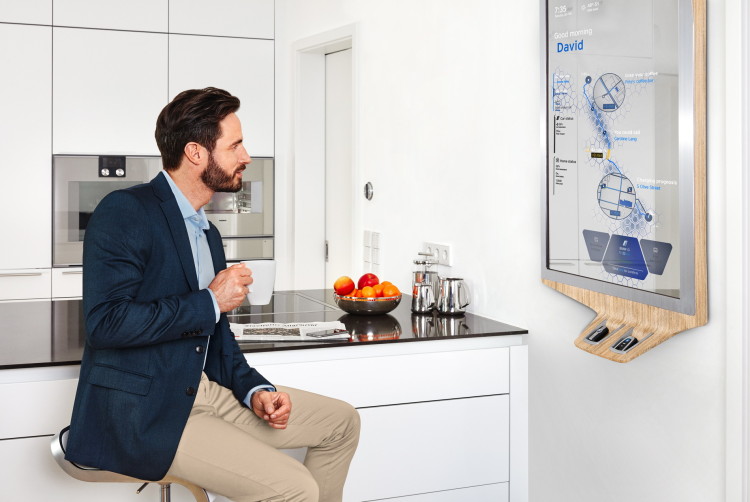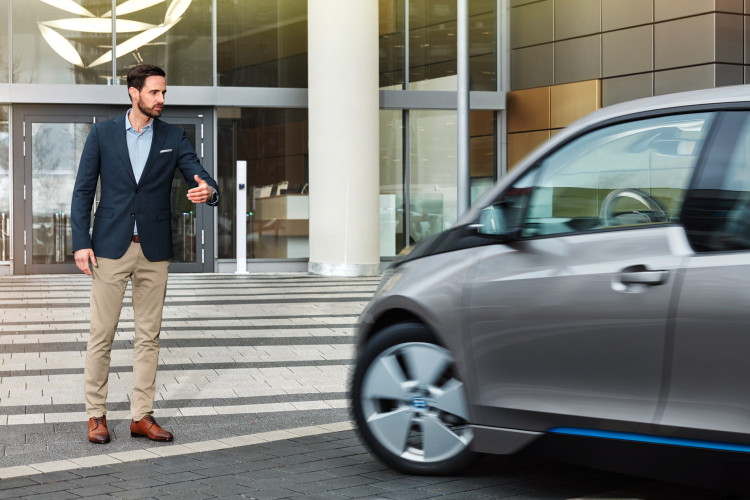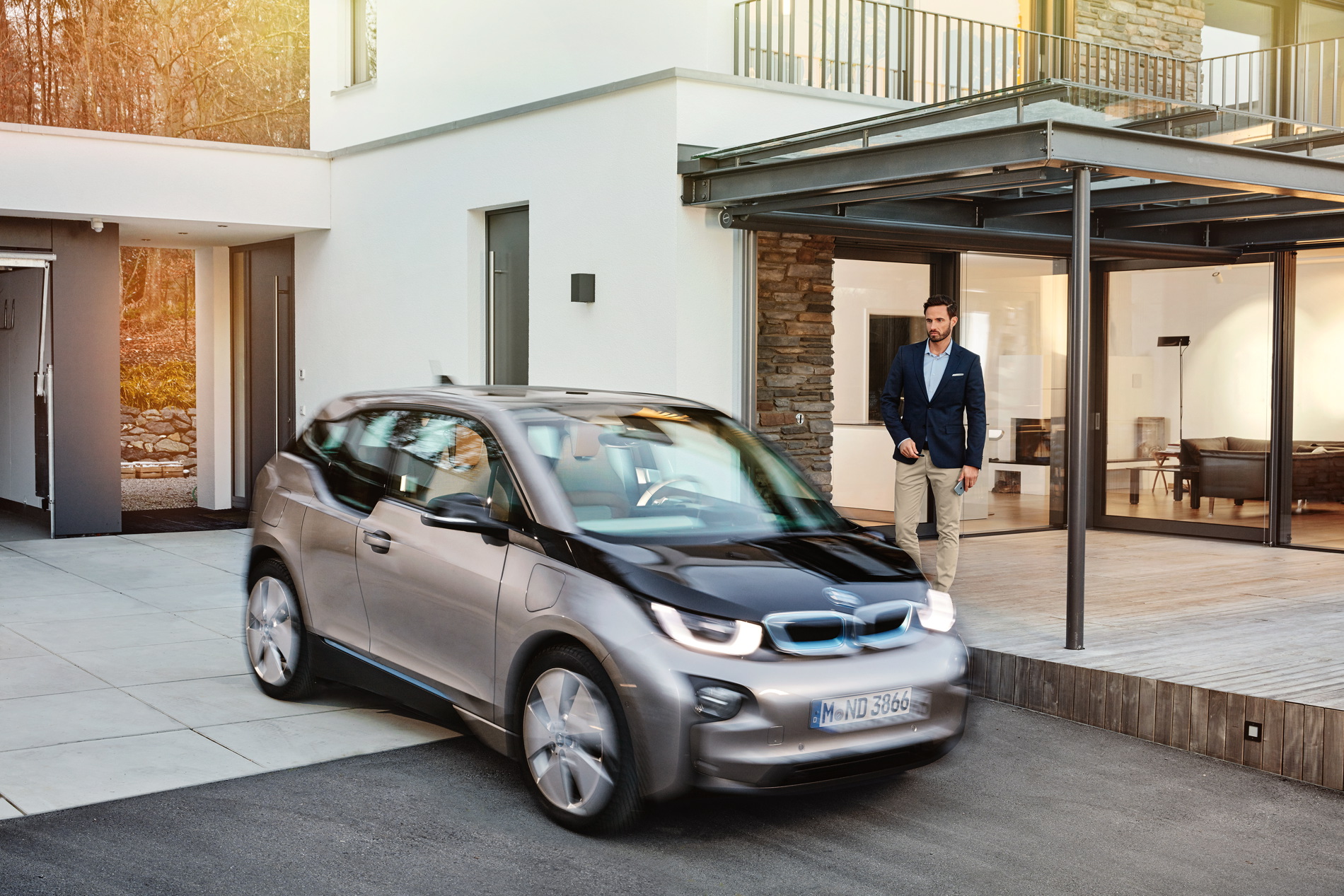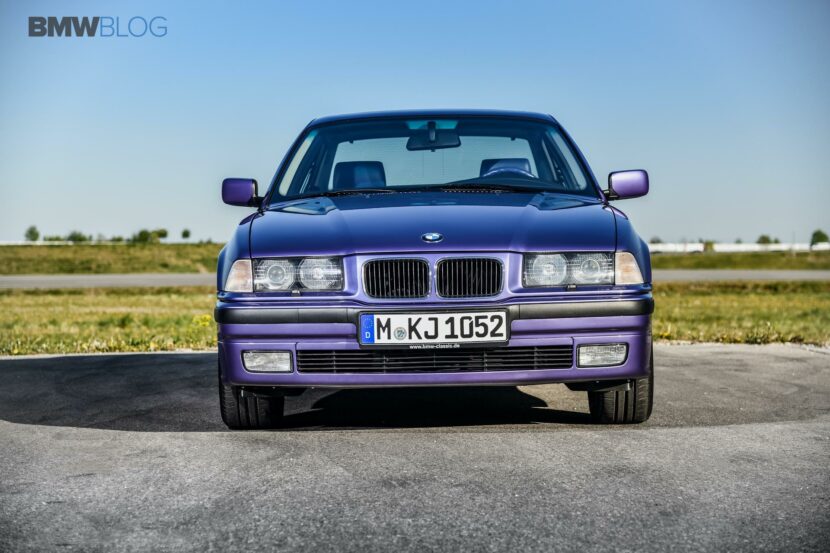A while back, at the 2016 CES (Consumer Electronics Show), BMW showcased its vision for the future of the automobile, called “The Internet of Things“. It was an incredibly interesting and forward-thinking vision of the future where an owner’s smart phone, smart home, smart appliances and, of course, smart BMW were all connected and all communicated with each other. This sort of Philip K. Dick-inspired idea of the future might seem quite far away, but it’s actually closer than you’d might think.
But before we get into time frames, let’s take a look at just what BMW, as well as other companies, have in mind for the future of a connected life. In BMW’s vision for the connected world, you will wake up and look at your connected smart mirror, which will display all of the necessary information for your day, including your schedule, traffic and weather information, your BMW i3’s state of charge and your smart phone’s state of charge. You will then remove your keys and phone from a tray at the bottom of the mirror, an action that will prompt your i3 to turn on and ready itself for departure. As you turn on your coffee machine (because who can function without coffee in the morning, amirite?), your BMW i3 will be prompted to actually drive itself out of your garage and wait for you at your front door and will have the appropriate drive route to the first appointment on your schedule calculated, taking both weather and traffic into consideration.

After you finally get in your car and drive, or let it drive you, to work, you’ll pull up to the front door and go inside as the i3 goes and finds a parking spot on its own. You then go about your work day, able to check on the car’s state of charge or whether or not it’s locked from your smart phone. When your work day is over, you simply walk out of the front door only to have your i3 waiting patiently for you, because it knows what time you’re supposed to leave, like a great stalker. It will then drive you home and you repeat the next day.
This entirely connected world where all things in your life are connected, including your car, your home, your mirror, your coffee machine and even your garage door opener, seems quite unrealistic at the moment. However, many industry experts feel that it’s coming sooner than later.
Parks Associates, a market intelligence firm, claims that while connectivity is still in its infancy, it is moving along rather quickly. “We’re moving past the early adopter phase of connected cars,” said Jennifer Kent, a director at Parks. However, Kent claims that the issue isn’t with connected cars but with connected everything else, “You need a connected home to be able to connect your car to it,” and not many people are willing to make that sort of technological jump just yet.

But car companies like BMW are trying very hard to get ahead of the game. BMW currently has 5,000 employees working on making it cars more connected and trying to implement that connectivity into other aspects of an owner’s life. According to Stefan Butz, BMW’s locations based service manager, “The idea is to enable a connected experience in the car, in your home or on your mobile phone,” and claims that “It will be a seamless experience across all of these.”
But BMW isn’t the only company trying to implement such a connected world into the lives of customers. Networking giant, Cisco (not the Thong Song guy), is working with BMW as well. Apparently, according to Barry Einsig, transportation executive at Cisco, 80 percent of the necessary technology and systems for such a connected world is already in existence. The other 20 percent will be sensors and systems developed specifically for automotive use on the road, such as connected roadways, signs and traffic lights.
So this futurist world isn’t as far off as we might have originally though. BMW’s Internet of Things demonstration might have seemed a bit crazy when it was first shown at CES, but now it seems more realistic.
[Source: Network World]





































































